Mozambique: Domestic public debt rose by €300 million in 2024 - cenbank
Urban Development Project will benefit regions of northern Mozambique
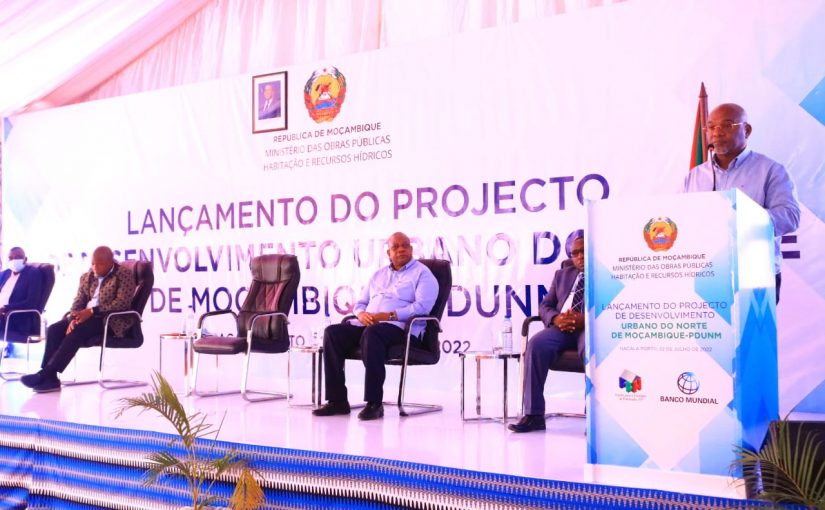
Photo: Ministério das Obras Públicas, Habitação e Recursos Hídricos-MOPHRH
People living in the north of the country will benefit from a significant improvement in their living conditions with the implementation of the Northern Mozambique Urban Development Project (PDUNM) being developed by the government in partnership with the World Bank.
This initiative aims to improve land use planning, empower local communities through their engagement in the process of building their homes, promote the construction of basic infrastructure and social facilities, as well as improve housing for the vulnerable population through the distribution of building materials kits.
In a first phase, the project, whose official launch took place on Friday, July 22, in Nacala, Nampula province, on the sidelines of the 8th Coordinating Council of the Ministry of Public Works, Housing and Water Resources (MOPHRH), will cover the municipalities of Pemba and Montepuez in Cabo Delgado province, and Nampula and Nacala Porto in Nampula.
At the launch, the minister for the sector, Carlos Mesquita, said that it was an integrated project which includes, in addition to improved housing, improving access to basic infrastructure, such as water, electricity, drainage ditches, as well as improved access to social facilities, namely day-care centres, primary schools, health centres, markets and community centres.
Overall, the minister said, the project will benefit around 40,000 people with improved homes, while around 324,000 people will benefit from improved infrastructure. He added that, apart from the implementation of the project, other indirect benefits will be generated, with the emphasis on the generation of fixed and seasonal jobs, institutional capacity-building of the beneficiary municipalities, and others.
Governor of Nampula province, Manuel Rodrigues, on the occasion indicated that there are challenges in the cities of Nampula and Nacala such as those linked to territorial planning, soil erosion and waterborne diseases such as malaria and diarrhoea, which continue to be the main reason for the demand for health services, thus contributing to poor urban development.
“Despite government efforts such as awareness campaigns and the distribution of mosquito nets, the number of cases of these two diseases tends to increase annually. For example, from 2020 to 2021, malaria cases increased by 9%. A similar situation was recorded in diarrhoea, which rose by 10%,” Governor Rodrigues observed.
In turn, the governor of Cabo Delgado province, Valige Tauabo, said that the cities of Pemba and Montepuez require urgent intervention, given their rapid growth, with clearly visible negative impacts in terms of territorial planning and provision of public services.
“Due to the terrorist attacks, these two cities have significantly increased their population, with the arrival of displaced families from the northern and central districts [of Cabo Delgado]. The overcrowding in these cities requires redoubled efforts from local authorities,



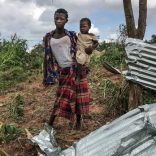


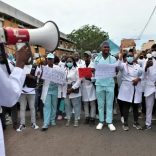
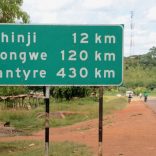

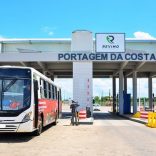


Leave a Reply
Be the First to Comment!
You must be logged in to post a comment.
You must be logged in to post a comment.